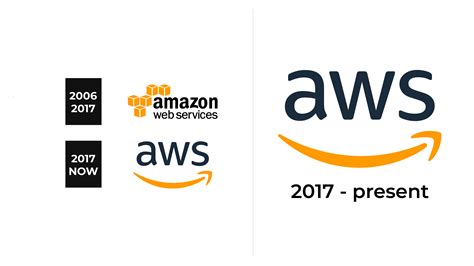Cloud computing in Nigeria is abuzz with activity as Amazon Web Services (AWS) recently announced that it would start accepting naira payments. This move by the global giant has shaken up the local cloud market, raising questions and sparking debates among industry players.
Local providers like Okra and Nobus Cloud have expressed their views on this development, with many believing that while AWS’s decision to allow naira payments is significant, it may not necessarily be a game-changer. Fara Ashiru, CEO of Okra, shared her perspective by stating, “I don’t necessarily think it’s anything more than that [a move by a big player].” According to her, the conversion of USD bills to naira at prevailing rates essentially keeps the cost structure unchanged.
“Our cost is still about 30-35% lower than what AWS charges,”
revealed Stephen Okoye, COO of Nobus Cloud. This competitive pricing strategy has become a key selling point for local providers who cater specifically to Nigerian businesses looking for affordable cloud services amidst currency fluctuations.
In recent years, Nigerian companies faced challenges when the sharp devaluation of the naira caused their dollar-denominated cloud service costs to surge. This scenario prompted a shift towards local cloud providers offering billing in naira at more stable rates—making their services more accessible to businesses earning revenue in local currency.
But beyond competitive pricing lies a deeper value proposition offered by local providers: tailored solutions for the Nigerian market and data sovereignty assurances. Ashiru emphasized this point by questioning why products are often hosted far from end-users and advocating for solutions that align closely with African business needs. Additionally, adherence to regulatory recommendations such as prioritizing local cloud services further underscores the unique advantages of choosing homegrown providers.
It’s not just about costs; it’s about understanding and meeting the specific requirements of Nigerian businesses while ensuring compliance with local regulations surrounding data hosting—a critical aspect in today’s digital landscape where data privacy and security are paramount concerns.
As competition heats up locally, other global players like Microsoft Azure and Huawei have also entered Nigeria’s cloud market arena. Huawei’s recent introduction of its cloud services in Nigeria poses an additional challenge for local providers. With established relationships within sectors like banking—where UBA purchased significant cloud storage from Huawei—the Chinese tech giant is rapidly becoming a formidable competitor alongside traditional industry leaders like AWS and Azure.
The dynamics of this evolving landscape are reshaping how businesses approach cloud computing decisions. As customer demands evolve and technology advancements continue at a rapid pace, staying ahead requires more than just competitive pricing—it demands innovation tailored to specific market needs coupled with robust data protection measures.
In conclusion, while AWS accepting naira payments marks a notable milestone in Nigeria’s cloud computing space, it serves as a catalyst for heightened competition among both local and global players vying for market share. The future will undoubtedly reveal which providers can effectively address the evolving needs of Nigerian businesses while delivering value-added services that go beyond conventional offerings.

